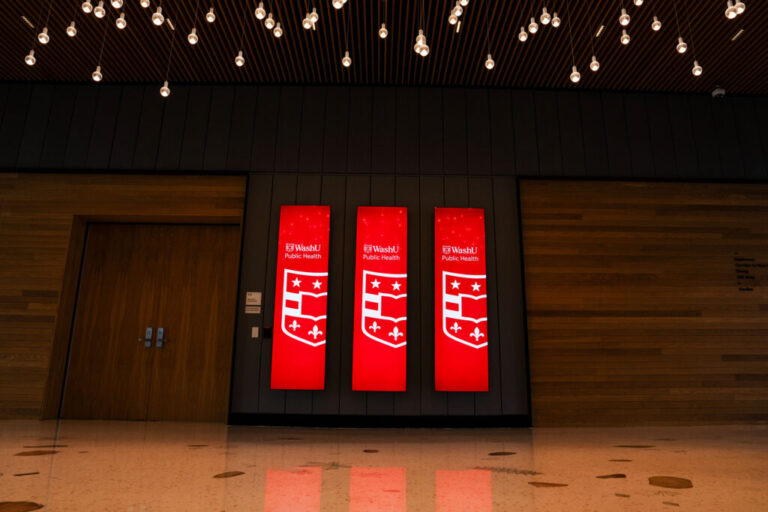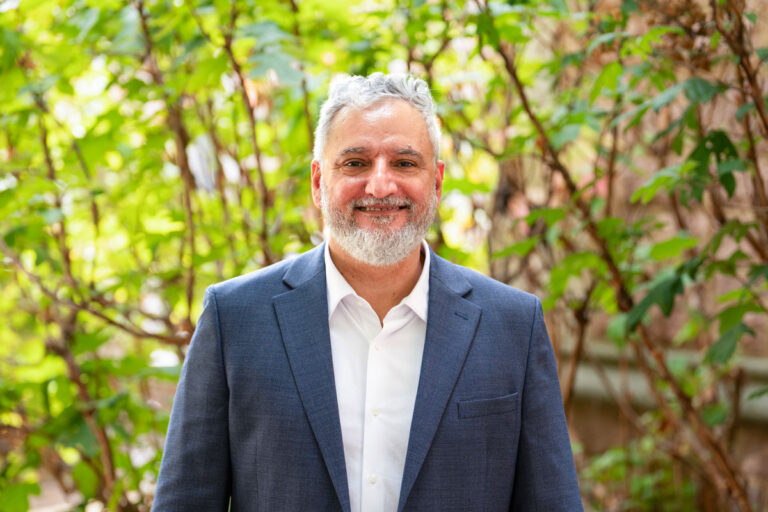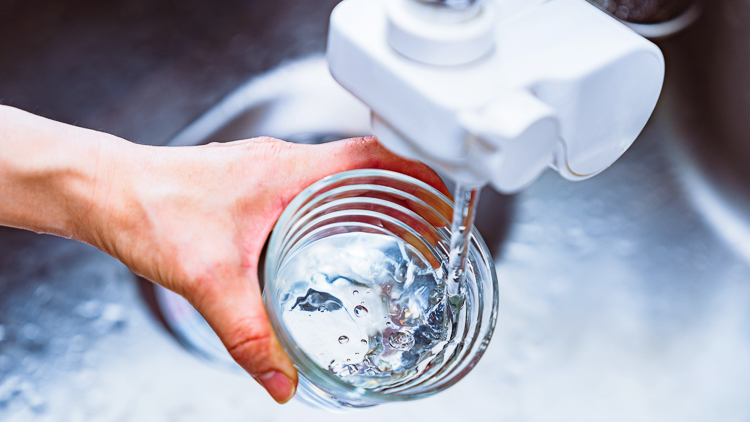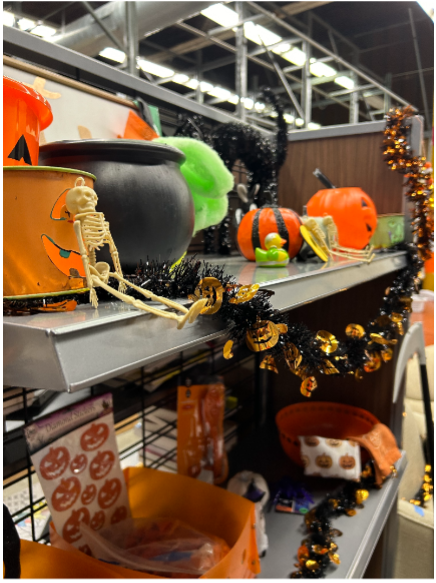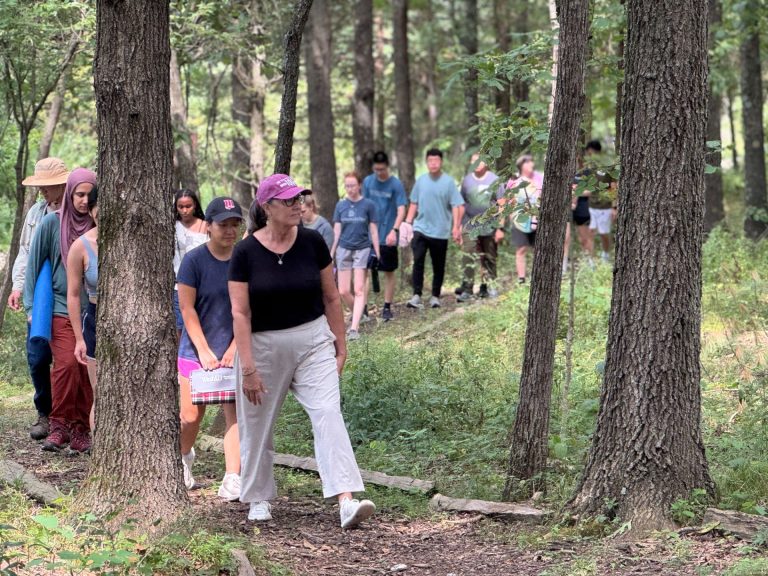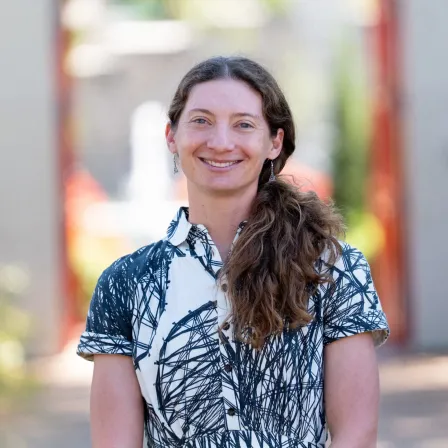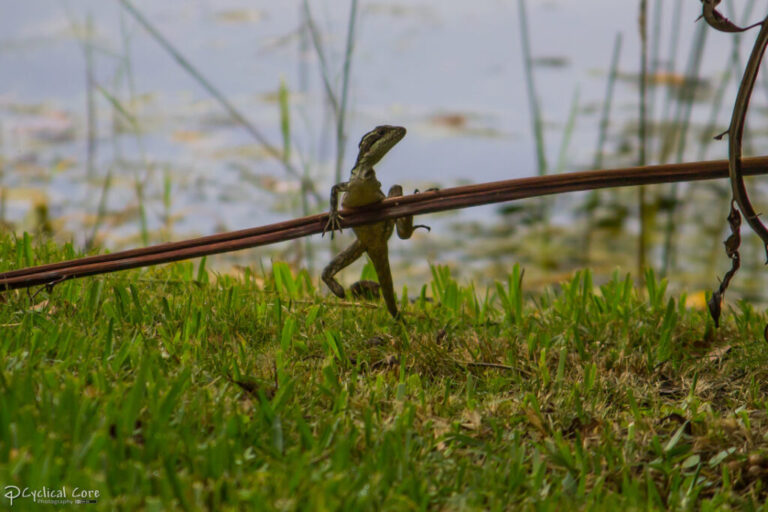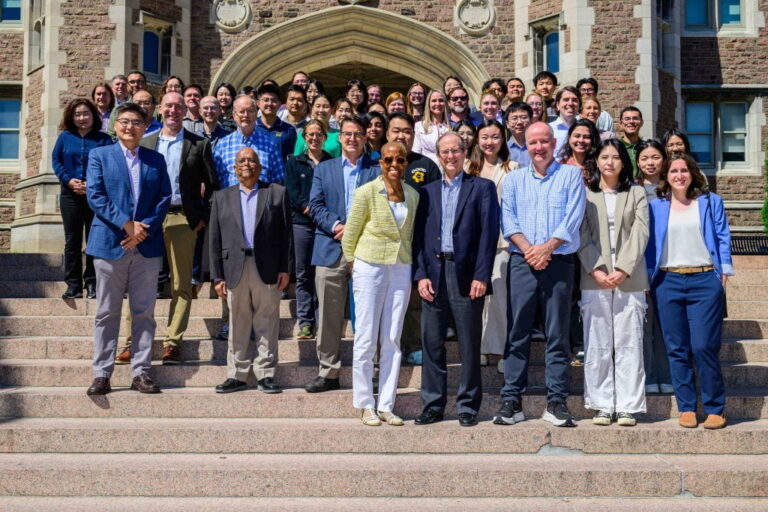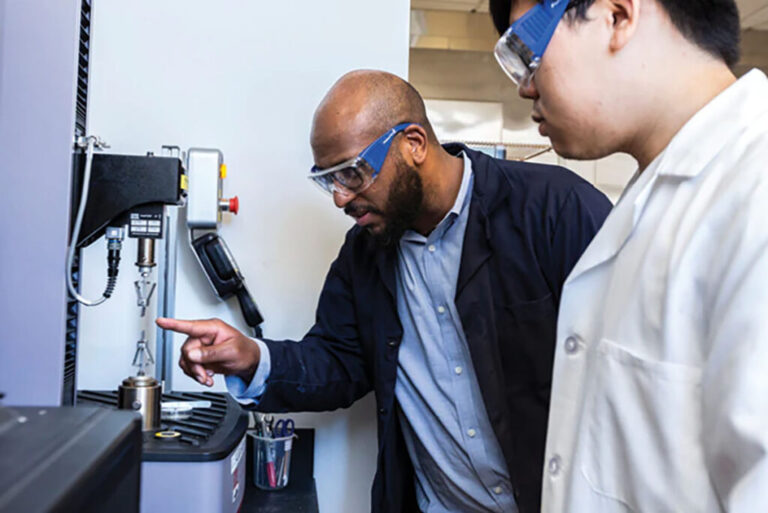WashU Public Health faculty named to world’s most-cited scientists list
Several WashU Public Health faculty members have been named among the top 2% most influential scientists worldwide
2025 Global Incubator Seed Grants awarded
We are excited to announce that eleven new projects have been awarded Global Incubator Seed Grants, enabling WashU faculty to kickstart innovative international collaborations.
Public Health People: A conversation with Professor Rodrigo Reis
With expertise in how environments affect people’s active lives, Reis leads WashU’s People, Health & Place Unit
Can we make drinking water safer?
This WashU program taps into a simple solution using household water filters to monitor and track safety.
Guide to a Sustainable Halloween: Closing the Loop on Halloween Essentials
Each year, the month of October is marked by Halloween traditions. People of all ages dress up in costumes, carve pumpkins, host parties, or go trick-or-treating with family. However, the ecological impact of Halloween is frighteningly high, as many costumes and decorations end up in landfills after one use.
SPARK ignites sustainability leadership for students
In August, the WashU Office of Sustainability kicked off an academic year of student-driven environmental change with its SPARK leadership program.
The Living Earth Collaborative connects the dots to build a greener St. Louis
Through transdisciplinary collaboration, the organization’s three working groups are redefining the region’s relationship with nature.
‘Pirates’ of the Caribbean: The luck and pluck of three-legged lizards
Chance encounter inspired team of biologists to study lizards with missing, reduced limbs
Water Innovation Symposium explores socioeconomic challenges and opportunities in water economy
Annual event brings together faculty, students and industry professionals to discuss water research
Strengthening soy for better bioplastics
Soy proteins are used in plant-based natural polymers meant to eventually supplant plastic materials. But to compete with the petrochemical-based products, such polymers need to be stronger and less brittle.
